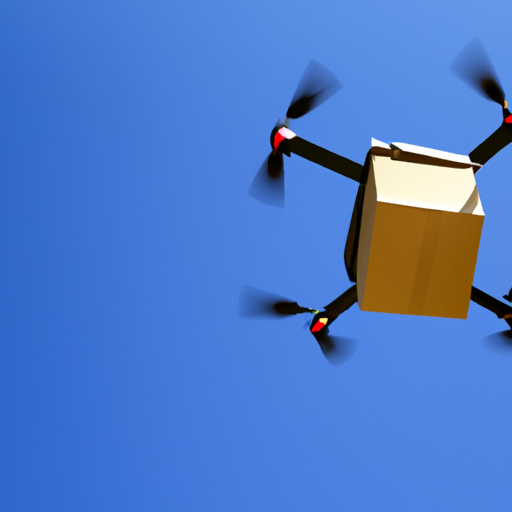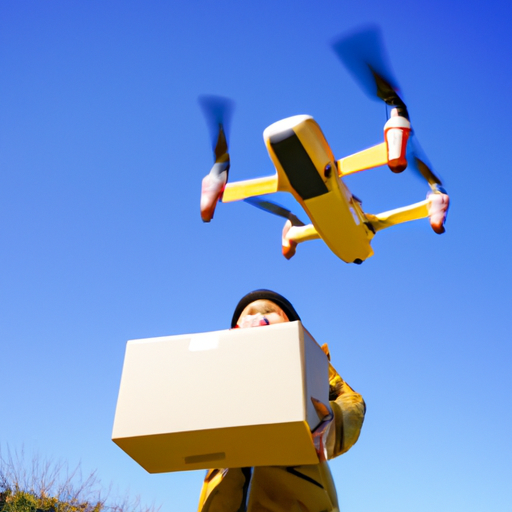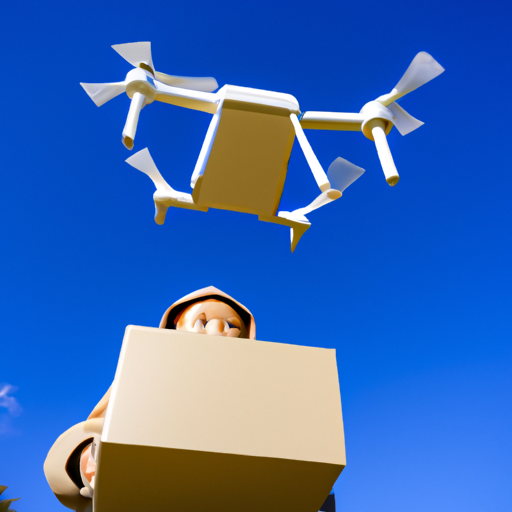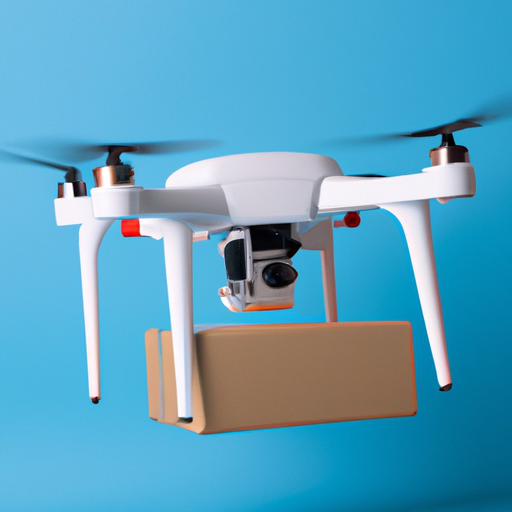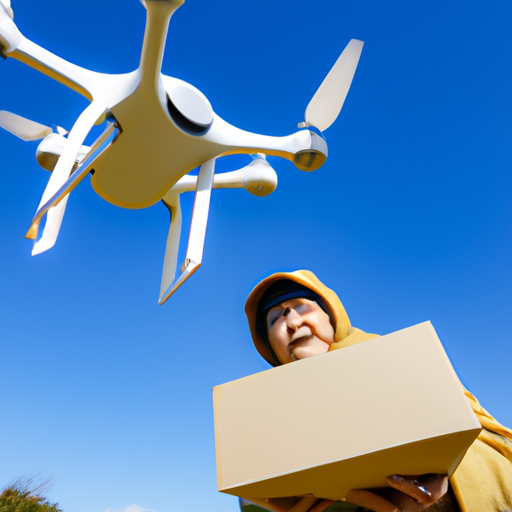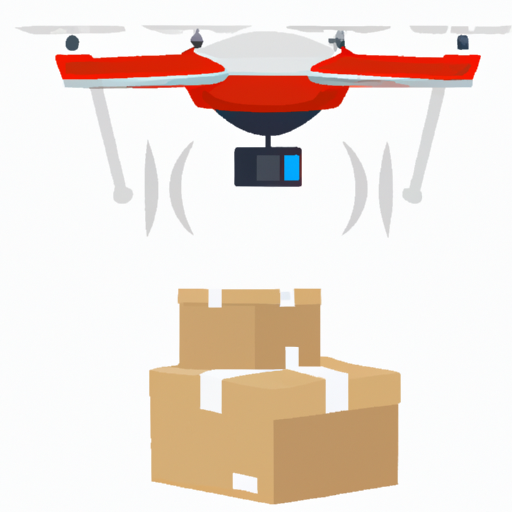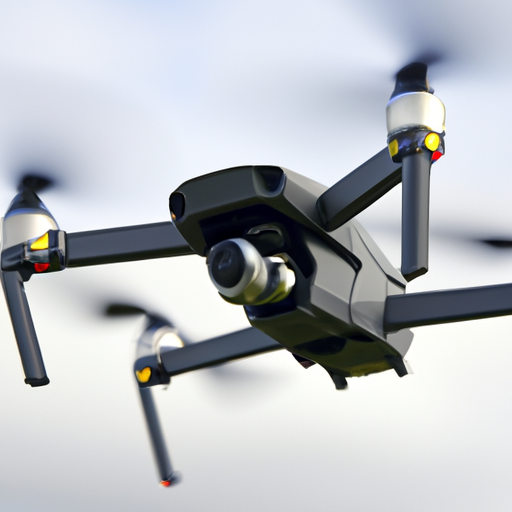In 2023, drone deliveries have taken a front seat in the logistics industry, changing the way packages are transported and delivered. This technology is not just a novelty but a game-changer for e-commerce, allowing for faster and more efficient deliveries.
Benefits of Drone Deliveries
One of the primary advantages of delivery drones is their ability to bypass traffic congestion, delivering packages directly to consumers’ doorsteps within minutes. This efficiency is particularly beneficial for urgent deliveries such as medical supplies, which can save lives.
Recent Developments in Aerial Delivery
Major companies like Amazon and Google have been rapidly advancing their drone delivery technologies. Amazon’s Prime Air service has made significant strides, successfully completing multiple test flights. Meanwhile, startups are emerging, developing smaller drones with enhanced capabilities for navigating urban environments.
Challenges to Overcome
Despite their potential, aerial delivery systems still face challenges, including regulatory hurdles and public acceptance. As drones become more prevalent, policymakers will need to address air traffic control and safety concerns to ensure a smooth integration into existing delivery systems.
The Future of Delivery Services
As technology continues to evolve, the future of logistics looks promising. Drones are set to become a common sight in our skies, with projections indicating that drone deliveries could account for a significant percentage of packages sent worldwide by the end of the decade.
With the rapid advancements in drone technology, we are only at the beginning of a logistics revolution that will redefine how businesses operate and consumers receive their products.

